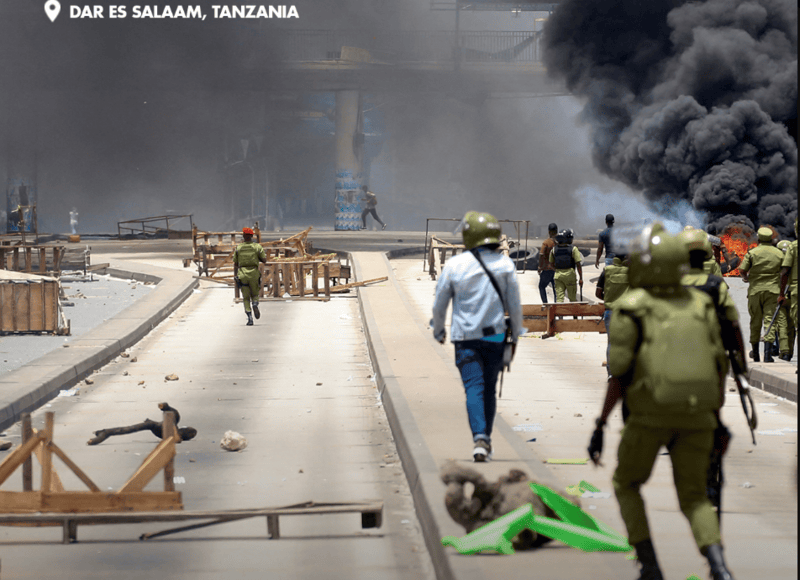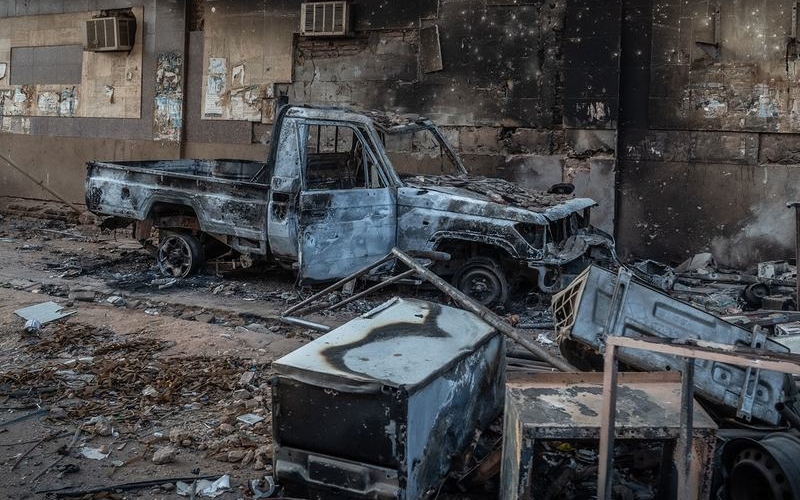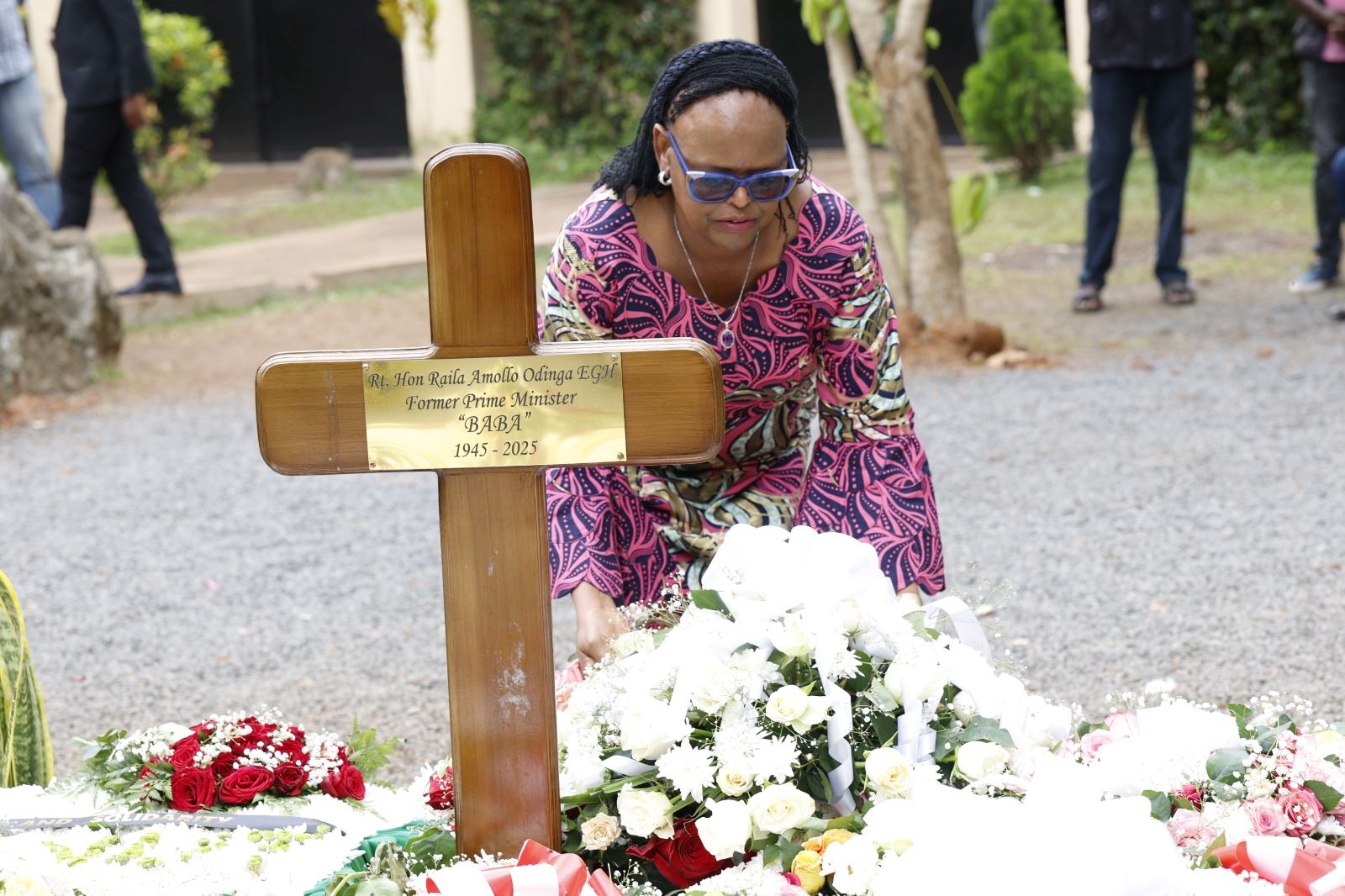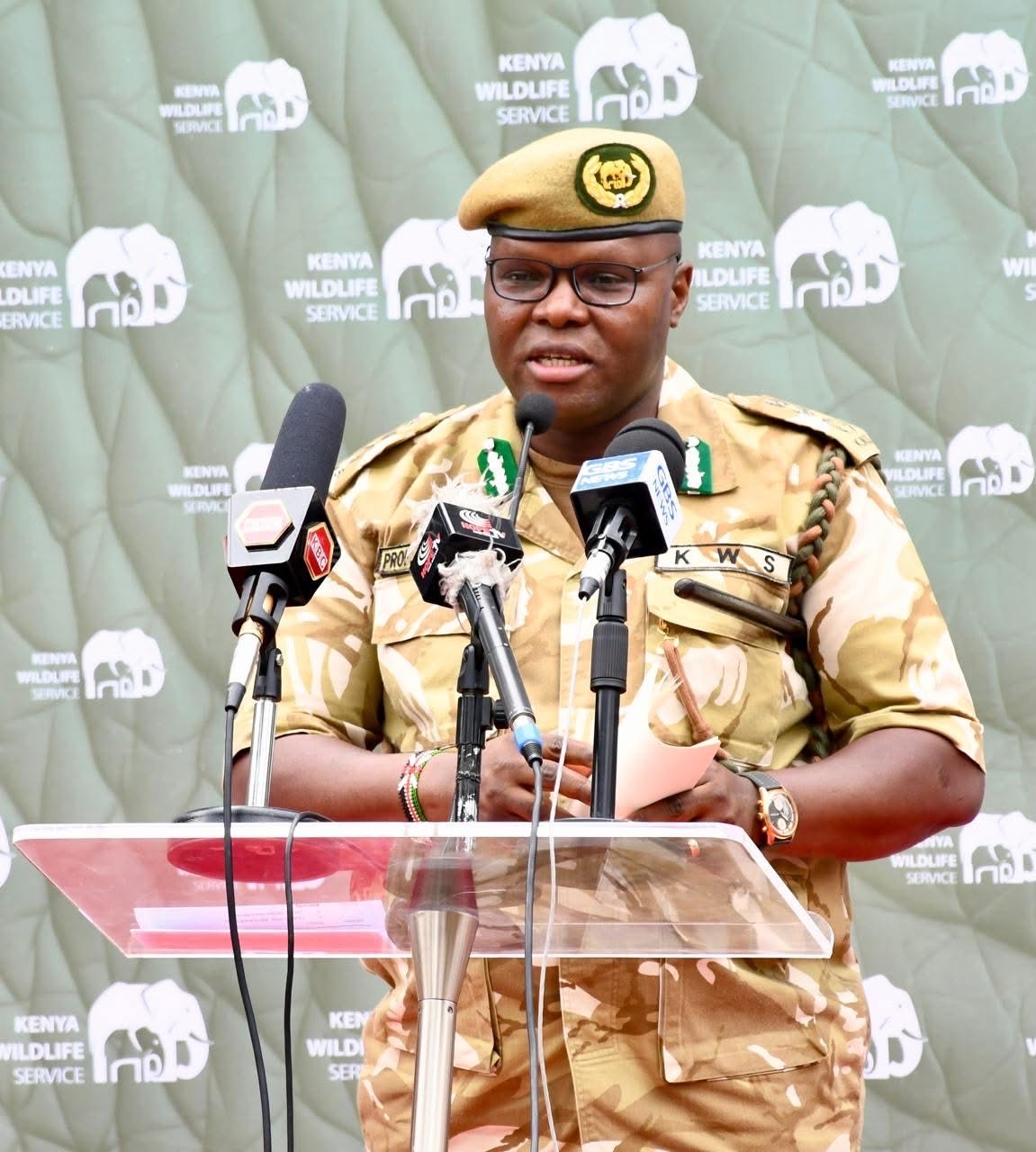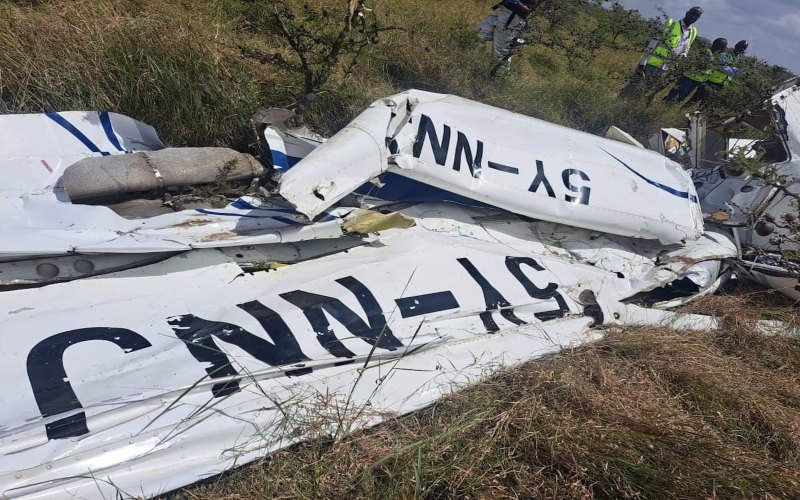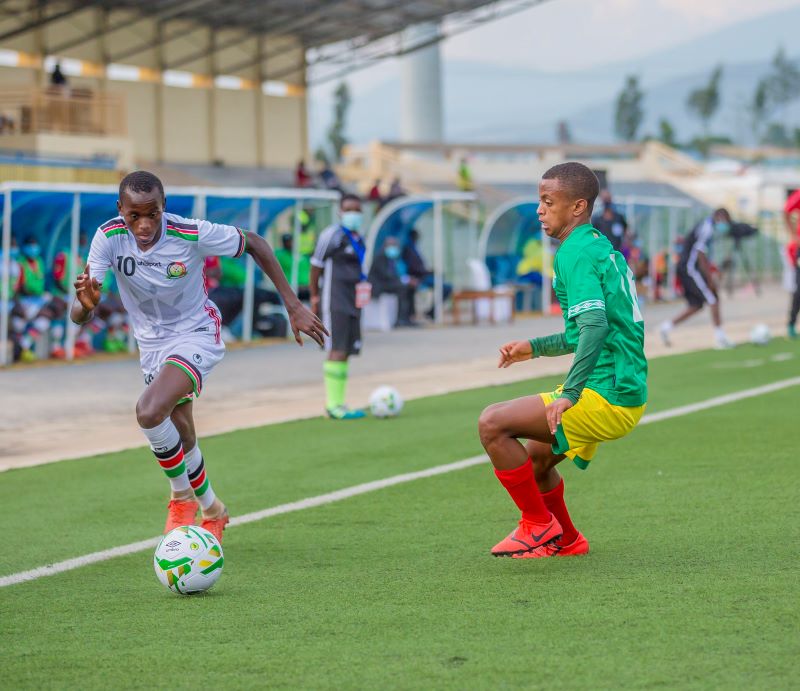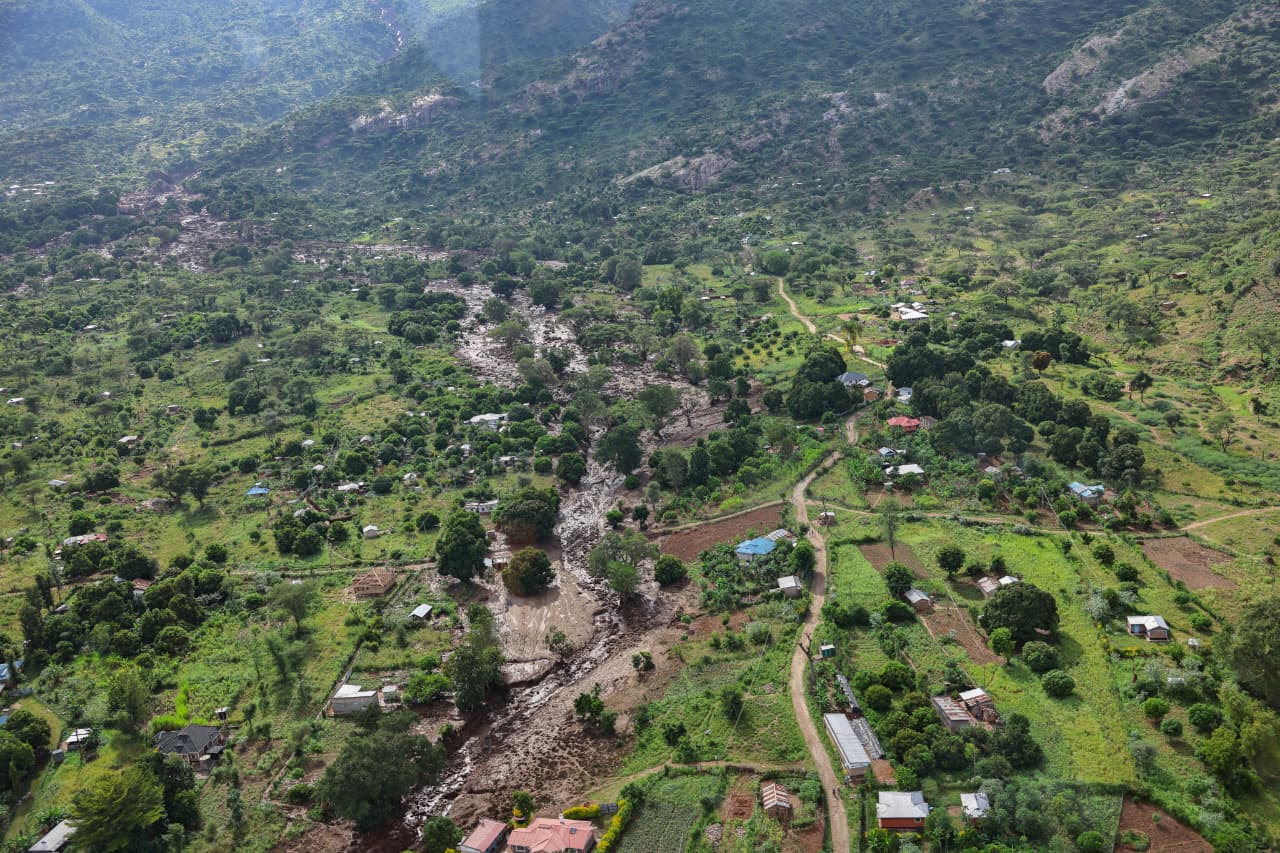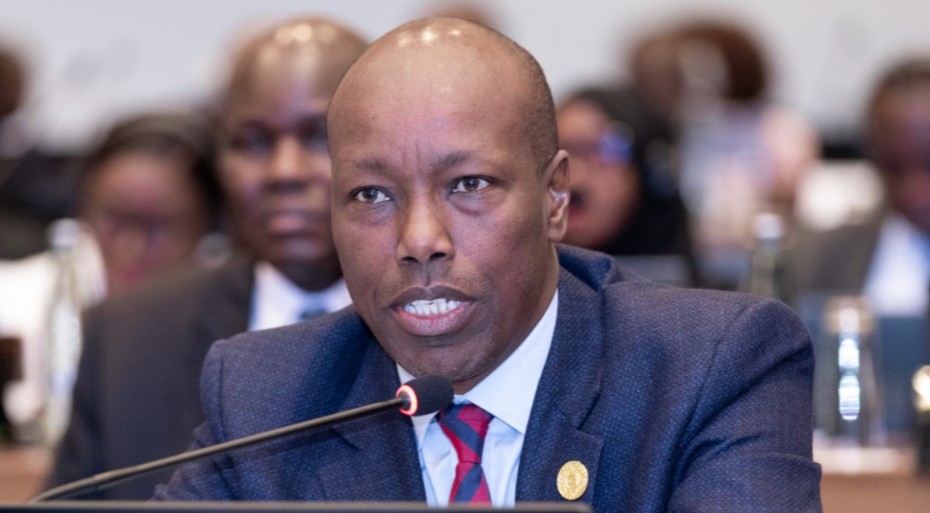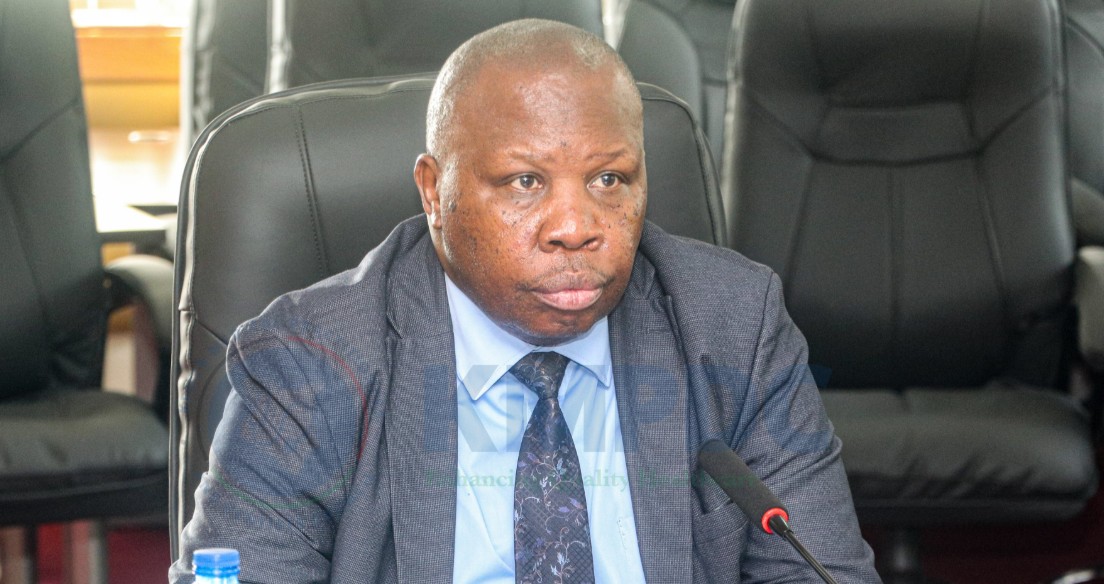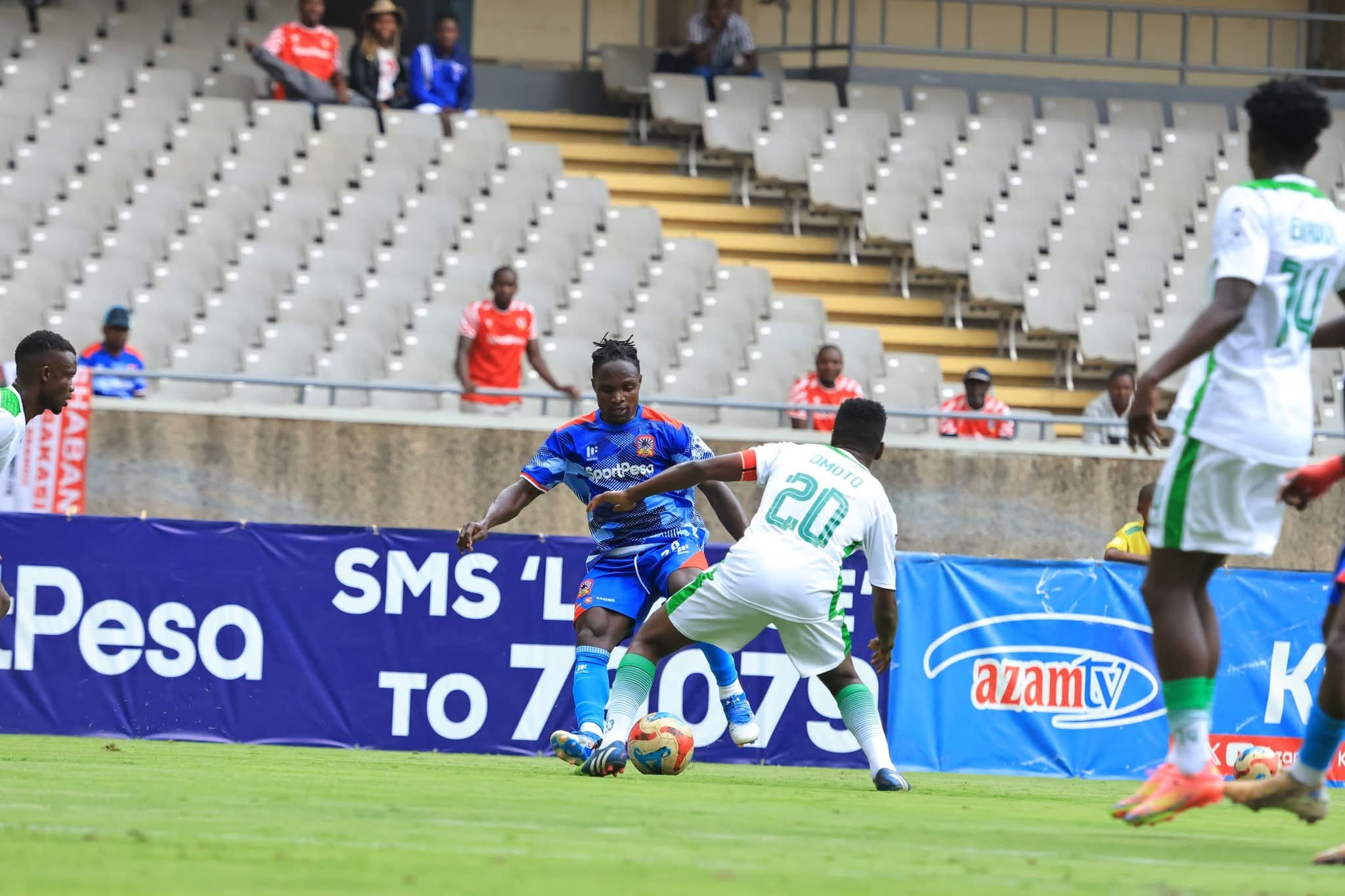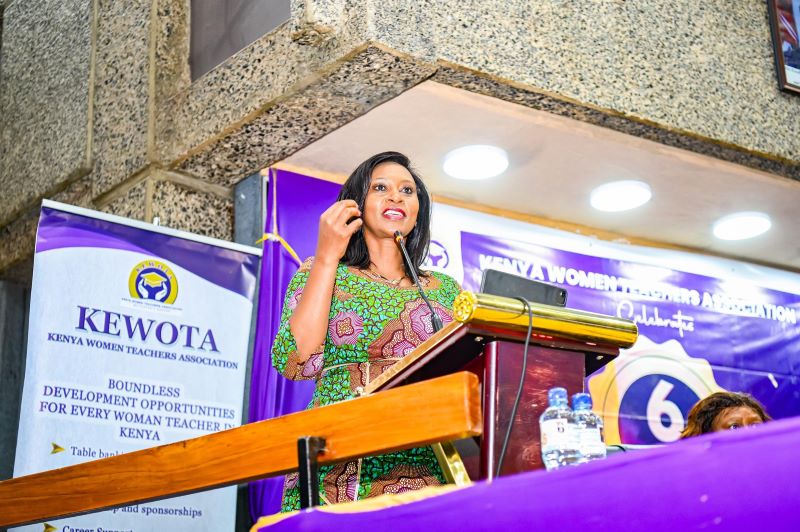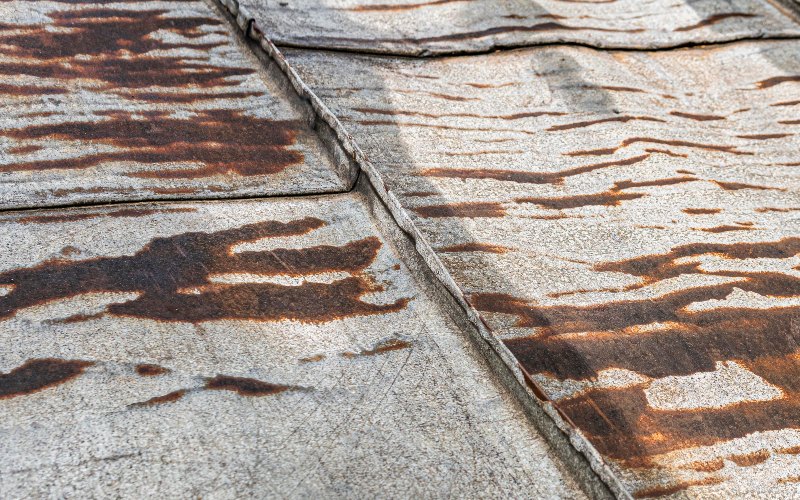AU’s Faure Gnassingbé leads renewed push to mediate DRC crisis amid rising external influence
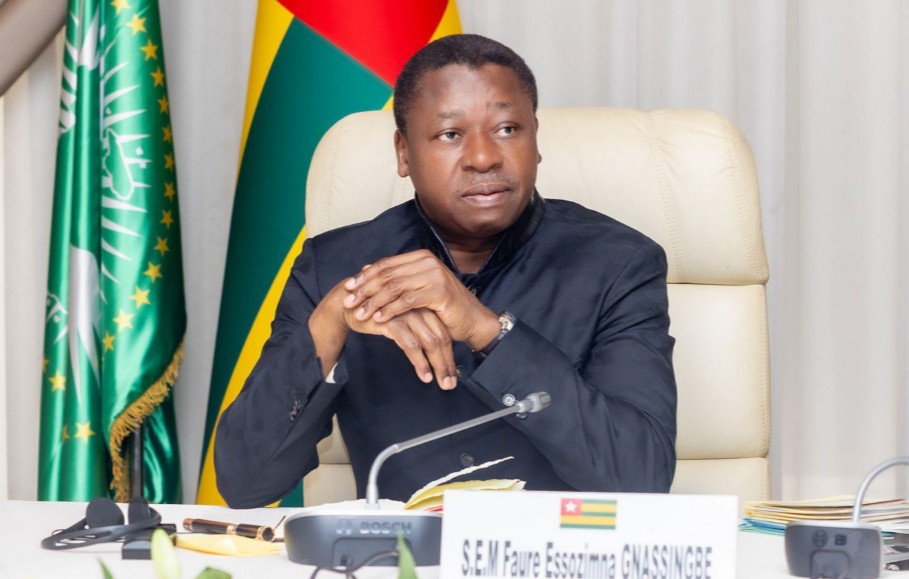
While the AU-backed Luanda process, launched in 2022 and previously spearheaded by Angolan President João Lourenço, remains formally in place, it is unclear whether the mediation track will now shift to Lomé following Gnassingbé's appointment.
Togo's President Faure Gnassingbé, recently appointed as the African Union's chief mediator in the ongoing crisis involving the Democratic Republic of Congo (DRC), Rwanda, and the M23 rebel group, convened a high-level meeting with former African presidents tasked with facilitating peace under the auspices of the EAC and SADC.
The gathering, bringing together former Kenyan president Uhuru Kenyatta, Olusegun Obasanjo, Sahle-Work Zewde, Mokgweetsi Masisi, and Catherine Samba-Panza, reflects a renewed AU effort to reassert continental leadership in a conflict increasingly mediated by external powers, most notably Qatar and the United States.
More To Read
- AU, Federal Republic of East Africa call for calm amid post-election unrest in Tanzania
- Millions face escalating hunger crisis in eastern DRC, UN agencies warn
- Child marriage is still common in the DRC: What’s driving it and how to encourage change
- MSF raises alarm over worsening cholera epidemic in DRC, over 58,000 cases reported
- Kenya’s crackdown on activists spotlighted at AU rights summit
- After controversial stints, Vincent Karega takes helm of Rwanda’s new embassy in Algeria
According to a statement from Kenyatta's office, the panel "emphasised the importance of fostering dialogue and cooperation among the conflicting parties" and welcomed recent commitments toward a peaceful resolution.
"They reaffirmed their collective dedication to achieving lasting stability in the Democratic Republic of Congo and the broader region," the statement said.
While the AU-backed Luanda process, launched in 2022 and previously spearheaded by Angolan President João Lourenço, remains formally in place, it is unclear whether the mediation track will now shift to Lomé following Gnassingbé's appointment.
The institutional handover has yet to be officially confirmed.
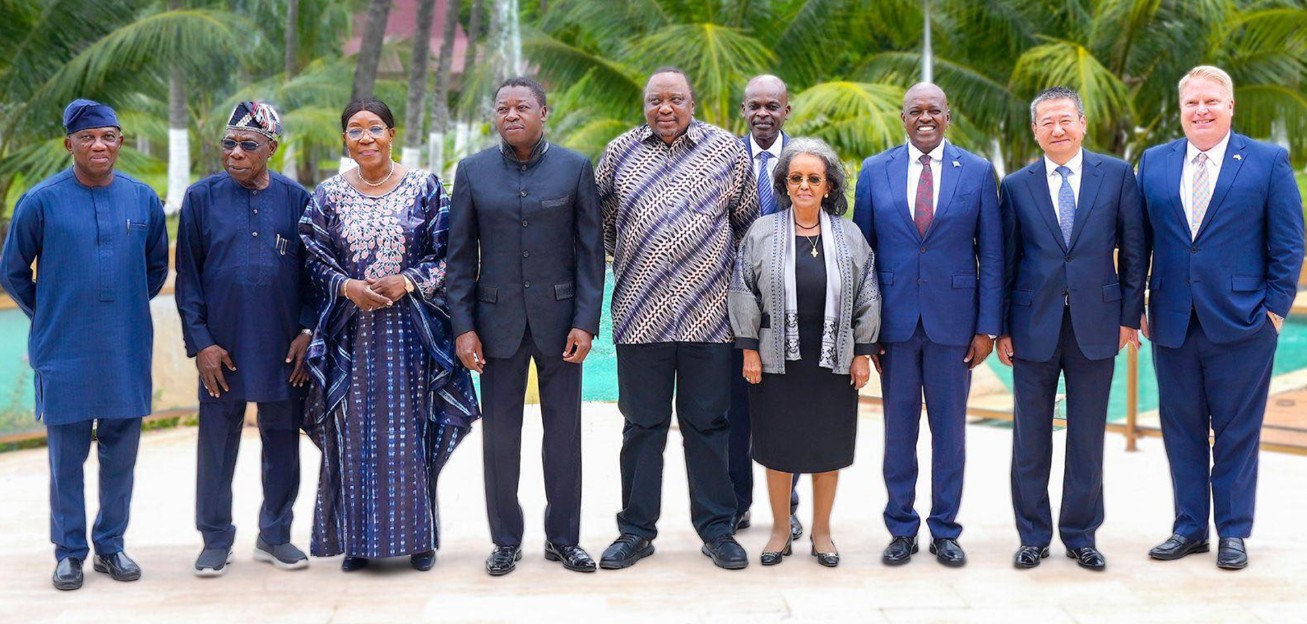 Former Kenyan President Uhuru Kenyatta (5th left) with members of the Panel of Facilitators mediating in the ongoing DRC crisis. (Photo: X/4thPresidentKE)
Former Kenyan President Uhuru Kenyatta (5th left) with members of the Panel of Facilitators mediating in the ongoing DRC crisis. (Photo: X/4thPresidentKE)
Africa's diplomatic machinery has long struggled to mediate the DRC crisis effectively, hampered by both internal fragmentation and competing international interests.
Despite efforts, neither the EAC nor SADC has managed to bring Presidents Félix Tshisekedi of the DRC and Paul Kagame of Rwanda to the same table, an essential step in de-escalating tensions.
By contrast, Doha has demonstrated more diplomatic agility.
In a quiet but strategic move, Qatar succeeded in hosting both leaders for direct talks.
This influence is underpinned by significant investment leverage, particularly in Rwanda, where Qatar Airways holds a 60 per cent stake in the $1.3 billion Bugesera International Airport project.
This high-stakes economic partnership has translated into political capital, allowing Doha to operate as an increasingly credible mediator.
Washington has also stepped up its involvement, recently bringing together the foreign ministers of the warring states and brokering a limited ceasefire.
The DRC, keen to diversify its partnerships amid rising mineral demand, has invited the US to formalise a raw materials agreement, potentially deepening American strategic interests in the region.
For the AU, Gnassingbé's mediation mandate offers an opportunity to recalibrate Africa's role in resolving one of its most intractable conflicts.
Whether the continental body can reclaim the lead or whether external powers will continue to set the diplomatic pace remains to be seen.
Top Stories Today
